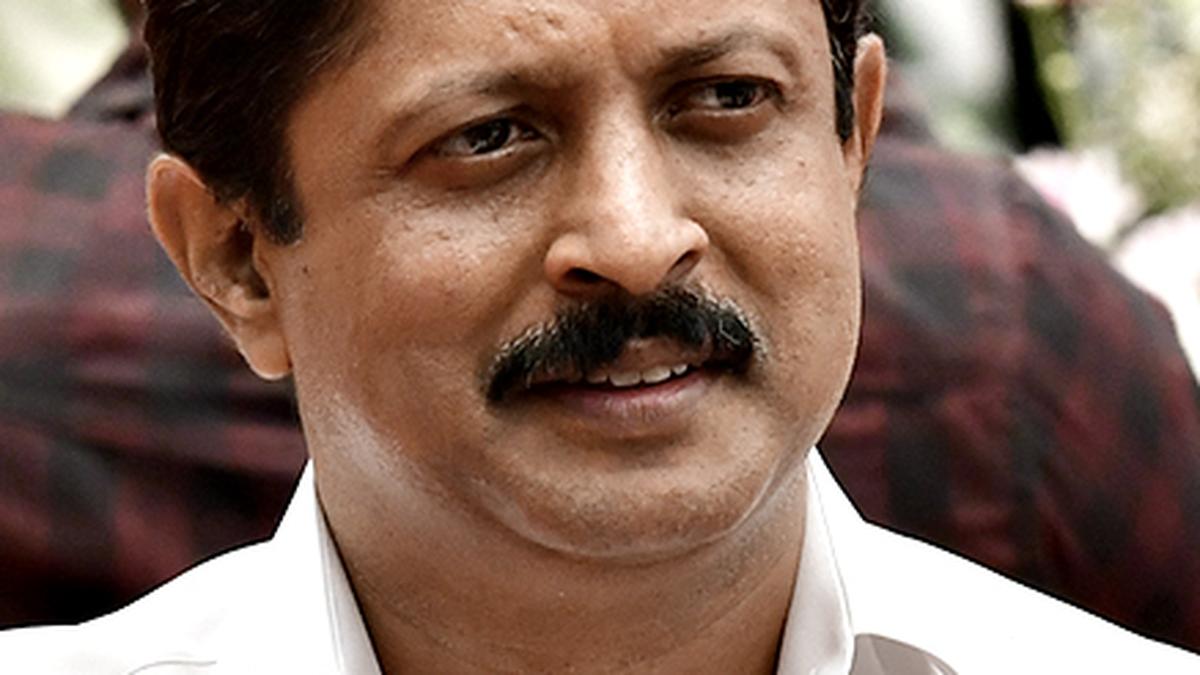
Smart City projects: Inquiry ordered into quality of works in six Karnataka cities
The Hindu
Urban Development Minister orders inquiry into Smart City projects due to allegations of unsatisfactory work in six cities.
Amid allegations of unsatisfactory work in the Smart City projects implemented across the State, Urban Development Minister Byrathi Suresh on Thursday ordered a comprehensive inquiry into the quality of completed works in six cities. The Minister also took exception to inadequate works taken up in social sector in these cities.
Besides Bengaluru, the Smart City project has been implemented in Belagavi, Davangere, Hubballi-Dharwad, Mangaluru, Shivamogga, and Tumakuru, and the comprehensive inquiry has been ordered for works in all cities except Bengaluru. The direction for an inquiry by an independent agency that would submit a report within three months came after a review meeting of the Smart City project here. Mr. Suresh directed officials to set up a committee involving subject experts, and representatives from the Indian Institute of Science and universities in the respective districts, to investigate the works.
According to a note from the Minister’s office, a total of ₹6,415.51 crore has been spent on the project in the seven cities, and many works have not been implemented satisfactorily. He informed the officials that public representatives from Belagavi, Hubballi-Dharwad, and Shivamogga had complained to him about the quality or works.
Mr. Suresh took exception to the money being spent on roads, underground drainage, parks, and other repair works, and felt that money should have been spent on smart schools, hospitals, libraries, and bus stands that would provide permanent buildings. The Smart City project fund should have been used to improve government properties.
The Minister said, “Every Smart City project has received ₹990 crore funding, of which 2% each has been spent on education and health sectors, 8% each on energy and information technology, 9% on lakes, 5% each on markets and sports sectors, 36% on roads, 8% on transport, and 18% on other basic infrastructure.”
He said that the project would end by March 2025 and the funds remaining and expected for the project should be spent on building international-level smart schools with modern learning equipments that would help in studies for poor children.













